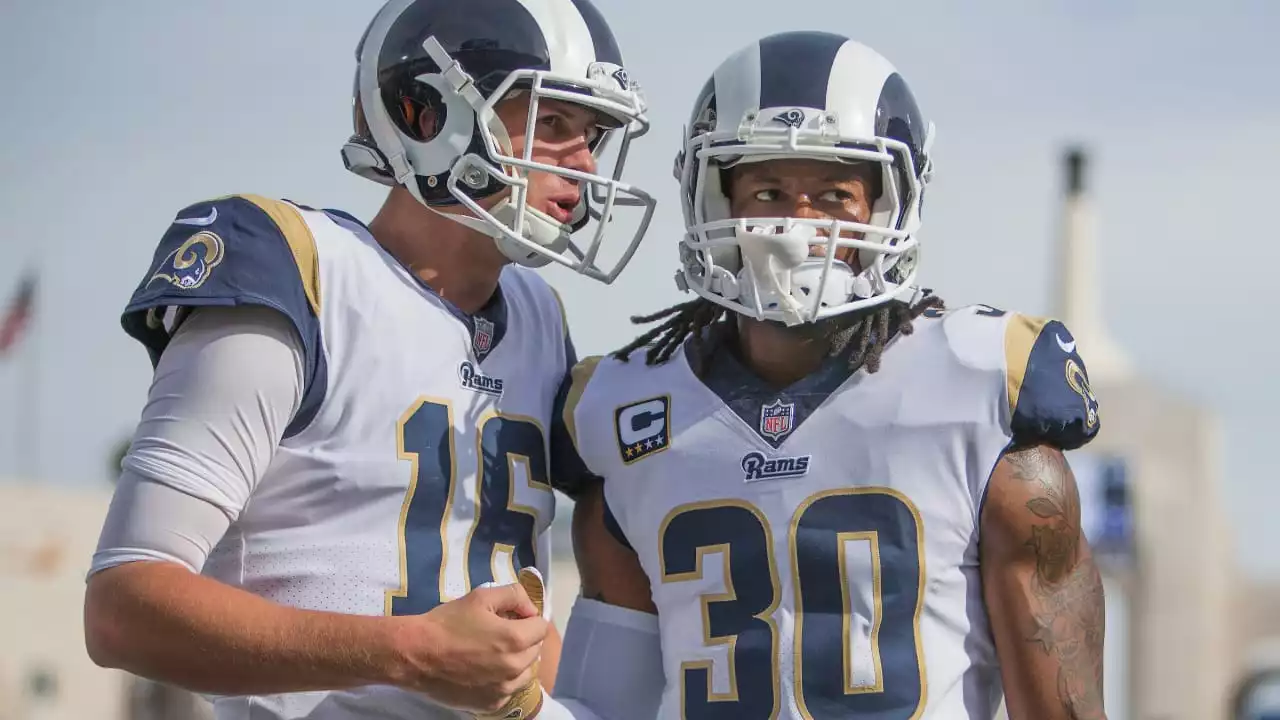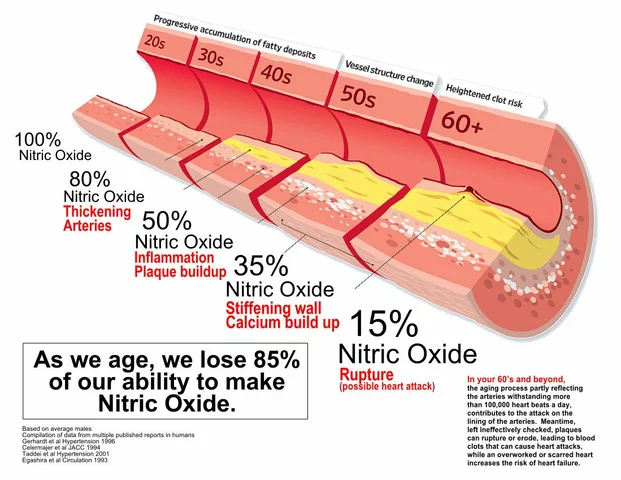A Glimpse Into The Past: American Football In Los Angeles
Now you might be wondering, "Caden, why are we talking about Los Angeles and American football? Isn't that like talking about kangaroos in Antarctica?" Well, bear with me. There's more to this than you might think. American football and Los Angeles do indeed have a past – a surprisingly tumultuous one at that. In fact, years ago, Los Angeles was home to not one, but two NFL teams – the Raiders and the Rams. But let's go back to when all this chaos began. A time when sideburns were in and everybody was all grooved up. Yes, you guessed it right – we're going back to the 1980s.
In 1982, the Oakland Raiders moved to Los Angeles. This move, to say the least, sent shockwaves throughout the football world. Fans were confused and could not fathom why their beloved team would uproot itself halfway and move to a city known more for Hollywood and sunny beaches than its love for football. The Rams, meanwhile, always had a rocky relationship with Los Angeles. Initially, the Rams moved from Cleveland to LA in the 1940s, making them the first professional sports team in LA. Their relationship, however, was more of an on-again-off-again drama, as they packed up their bags in the 90s and headed to St. Louis. Simply put, the romance between Los Angeles and professional football teams has been about as stable as a rickety old boat in a storm.
The Disappearance Act: Too Many Cooks?
The question that naturally arises at this point is why? Why would a city as big and influential as Los Angeles, struggle to hang on to an American football team? Now, this is where things get interesting. One could argue that LA's size and diversified interest actually worked against its chances of keeping a professional football team. With the sprawling metropolis offering a variety of sports like basketball, baseball, and hockey, American football was just another fish in an extremely large and diverse pond.
So, in a city where there were – and still are – so many other team-sports on offer, it's almost as if the two football teams struggled to carve out their own niche. And let's not forget about the glitz and glamour of Hollywood. Would you really want to sit in a crowded stadium, chowing down on a hotdog and yelling your lungs out while you could be cozy at home, watching the latest Brad Pitt flick? Or out having a latte at the café where maybe, just maybe, you might run into your favorite Hollywood star? Come on, admit it, you'd pick the latter too! No shame in that my friends, no shame at all.
Stadium Shenanigans
If there is a simple answer to our million-dollar question, it might come down to the issue of a stadium. Both the Raiders and the Rams used to play in the same stadium, which frankly, was akin to asking two siblings to share the same toy. You know that's going to war, right? Well, the football teams were no different.
The Los Angeles Memorial Coliseum, impressive as it was, wasn't regarded as a suitable venue for either of the teams. It was too big, too old-fashioned, and just wasn't up to scratch for professional NFL teams. The teams needing a state-of-art stadium ran into too much red tape and bureaucratic hurdles to make it a reality. Even today, this stadium problem remains a major stumbling block in bringing an American football team back to LA.
Hope on The Horizon: Are The Rams Returning?
Since the Rams and Raiders left, Los Angeles has been like a starless night sky, devoid of professional American football. But all is not lost. The winds of change seem to be blowing in LA, and there's a rumor going round that the Rams might be making a comeback. Yes, you read that right! After being in St. Louis since 1995, they are contemplating heading back to the sunny beaches of LA. Now wouldn’t that be a hoot? I surely am on the edge of my seat.
The NFL is eager about the idea, and most importantly, the folks in LA seem to want a football team to call their own again. Sure, it won't be easy, and there will be challenges ahead, but isn't that part of the game? The anticipation and the uncertainty all make for a more compelling narrative. So, who knows? Maybe in a few years' time, we won't be asking "why doesn't Los Angeles have an American football team?" but rather "how on earth did we manage without one?"
So, as I sign off this peek into Los Angeles and its American football legacy, I look to the future with hope. Maybe it's nostalgia, or maybe it's just plain old wishful thinking, but I like to believe that there's more to this story. That there's a rerun waiting in the wings, and that rerun involves LA, a football team, and a match made in heaven. Until then, fingers crossed!






